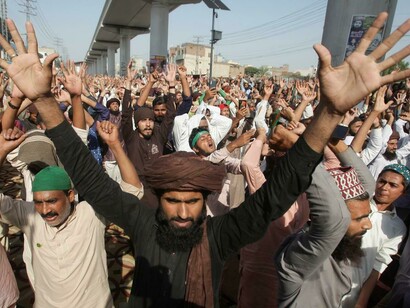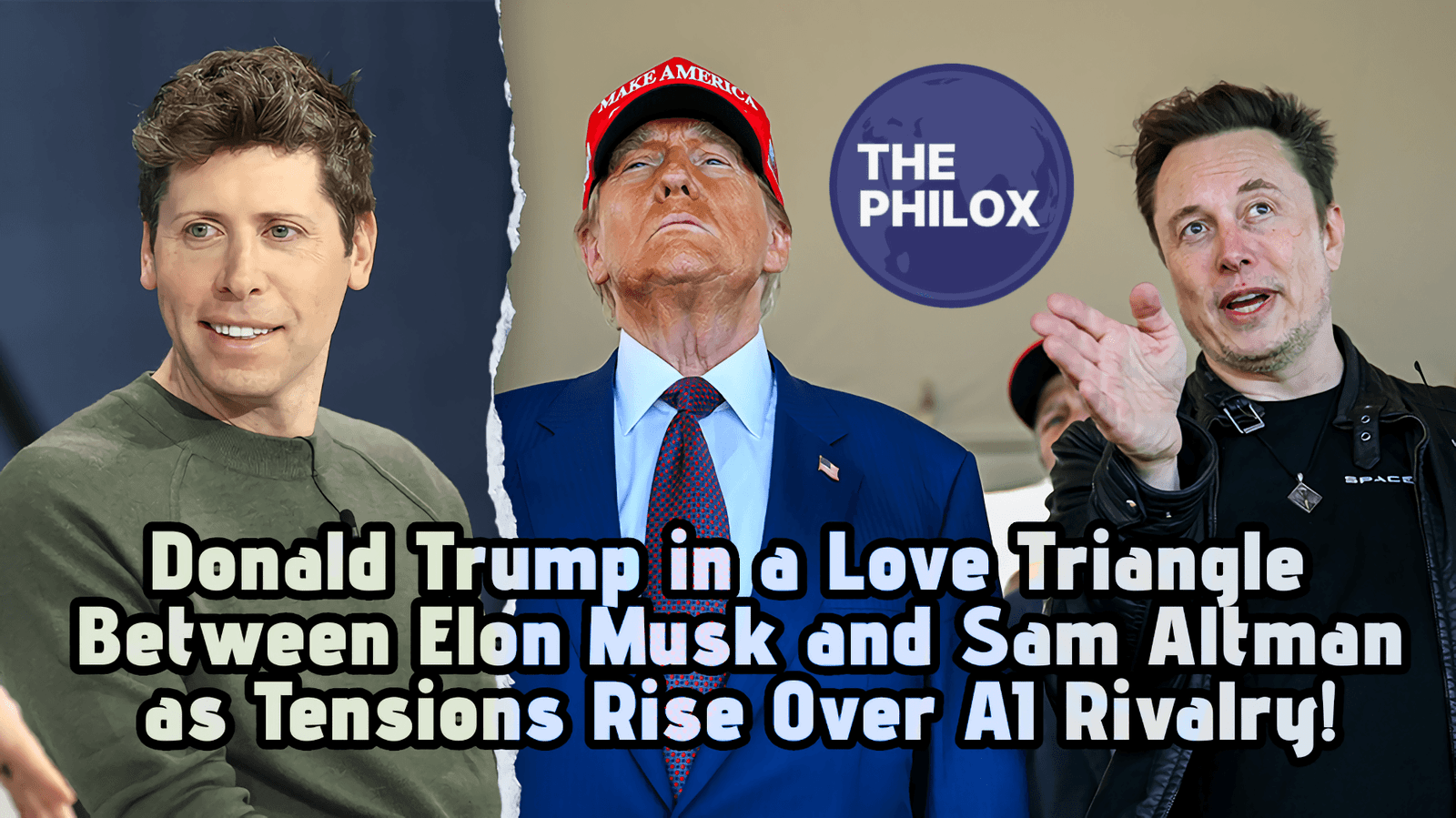This newest ceasefire deal between Israel and Hamas continues to be a hot issue in US politics because it has become a subject of interest for President-elect Donald Trump, who asserts that it was because of his direct involvement that made the deal real.
The agreement has been signed in Qatar, and it’s the very first time that it acknowledges a phased development in the overall conflict, including events within the ambit of scope, starting off by freeing hostages with a temporary stand-down from fighting in Gaza.
Yet, the brighter spotlight emerged on the political debate regarding the extent to which Trump had an influence getting the deal.
Ceasefire Background
This followed months of tension and violent clashes between Israel and Hamas. Sources indicate that the agreement consisted of a multilateral international party in negotiations, with such parties being Qatar and Egypt, which have earlier maintained their mediatory roles.
According to the terms and tentacles of the agreement, key measures include a temporary standstill of military hostilities and an exchange of hostages toward creating the basis of a more permanent remedy.
Outgoing President Joe Biden, in his farewell address, pointed to the culmination of months of diplomatic efforts led by his administration. According to Biden, the agreement reflects the strategic framework his team developed to address the complexities of the Israel-Hamas conflict.
Trump’s Assertion of Credit
Surprisingly, President-elect Trump declared his involvement as the determining factor for making the ceasefire happen.
Addressing a press conference, he said that this agreement falls within his inauguration date and hinted at an off-camera effort on part of his camp.
Trump added, “This ceasefire wouldn’t be if it weren’t for my leadership. The world recognizes power and change; it also recognizes strong leadership.”
His statements have received much controversy as his fans have welcomed his declaration while critics raised their doubts about the reality of his claim.
In fact, what was taken by President Biden to be a lot more forceful dismissal of Trump’s claims was the silence maintained by him during the briefing.
The question faced by him at the briefing was what Trump had done. He said, “I think we all know how these things work.
It’s easy to claim credit when the groundwork has already been laid.” This statement defines the tensions between the outgoing and incoming administrations.
He emphasized that such a ceasefire agreement is the fruit of arduous work done by his team, which included involving regional allies and mediators. Outgoing president statements show that he doesn’t believe Trump’s claims for actually influencing the process.
The Political Aftermath
The credit for the ceasefire controversy marks a bigger political play amid power transition from the Biden administration to Trump’s presidency.
Claiming credit over the ceasefire also resonates well with his strategy of projecting strong and decisive leadership, even before taking office formally.
Analysts point out that the timing of the ceasefire agreement is coincidental since months of negotiation are summarized by specific diplomatic breakthroughs.
Still, claims made by Trump reflect a calculated effort to influence public opinion on the influence of his administration in world affairs.
International Reactions
The international reaction to the ceasefire and Trump’s claims has been varied, since global leaders have largely welcomed the deal as a positive step toward peace,
while others have more or less expressed concerns over the political tug-of-war in the U.S. according to the humanitarian significance of the issue.
Qatar, which had hosted the talks, declined to comment on the internal U.S. political debate but reaffirmed its commitment to peace in the region.
The officials of Israel and Hamas downplayed external factors in emphasizing the practical results of the agreement.
Considering Trump’s Role
Determining the actual extent of Trump’s involvement in the ceasefire negotiations remains challenging.
Experts note that incoming administrations typically have limited capacity to influence ongoing diplomatic efforts, as established protocols prioritize continuity during transitions.
However, Trump’s team may have engaged informally with regional actors, leveraging his reputation and anticipated policies to influence discussions.
Whether such interactions significantly impacted the agreement remains speculative.
Broader Implications for U.S. Foreign Policy
The controversy surrounding the claims of Trump has thrown into relief the dynamic nature of U.S. foreign policy. In the process of taking office,
the administration of Trump will approach Middle Eastern diplomacy with a more transactional and assertive approach than that of Biden.
This incident still raises a very pertinent question about leadership transition effects on international agreements.
On the question of credit for the ceasefire, it raises whether consistent and transparent diplomatic efforts serve more purposes than any political change.
This is major in reducing violence and humanitarian concerns between Israel and Hamas over a Gaza ceasefire.
But the chutzpah of political politicking about who deserves the plaudits for this deal has raised some questions over the complexities of power shifts in US politics.
Outgoing President Biden was stating that claims of influence from President-elect Trump is a lie where it is the administration under his leadership that has laid down the foundation of this effort.
So, it would be of great interest to the world for them to analyze what is the actual level of involvement Trump has with the ceasefire process.
The unwinding implications of U.S. foreign policy and Middle Eastern diplomacy will characterize the arrival of Donald Trump as marking the future definition of America’s place in the world.
Stay Connected and Share Your Stories
For all those inspired by stories of resilience and ambition, follow us on X/Twitter and on Instagram . For those with untold stories that you would love to share, please send them to contact@thephilox.com





3 thoughts on “Donald Trump Claims Credit for Ceasefire Deal Between Israel and Hamas”